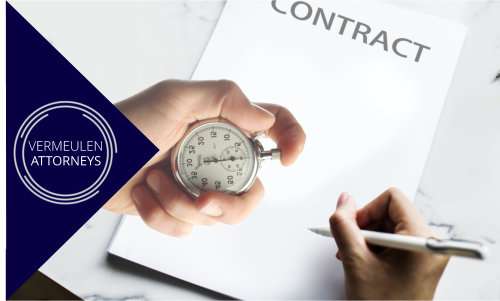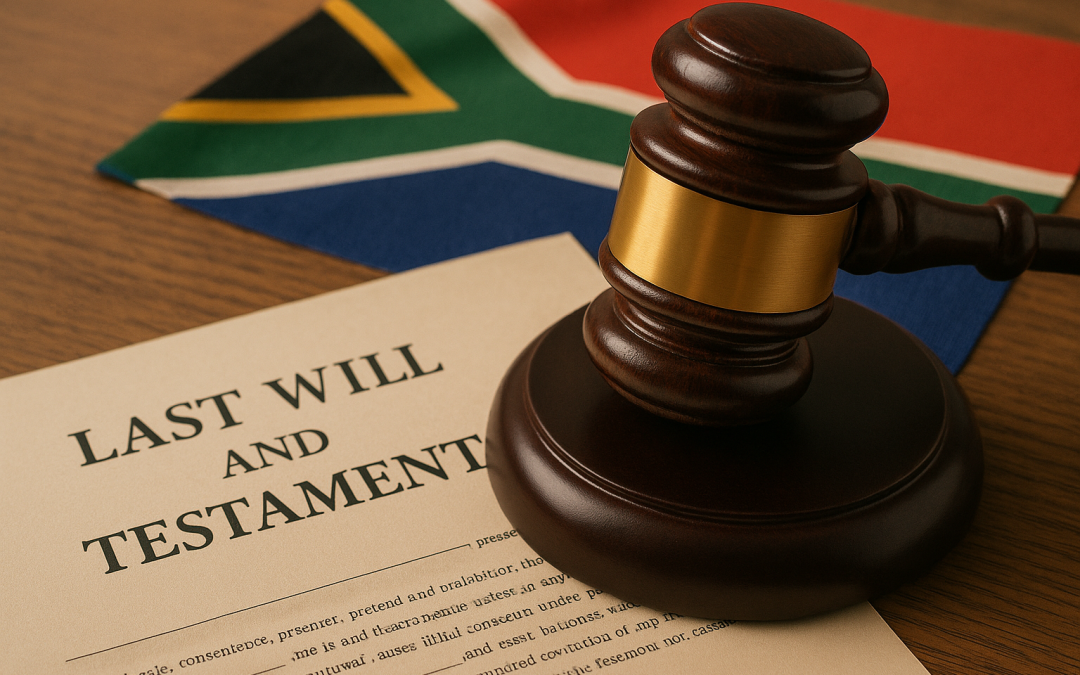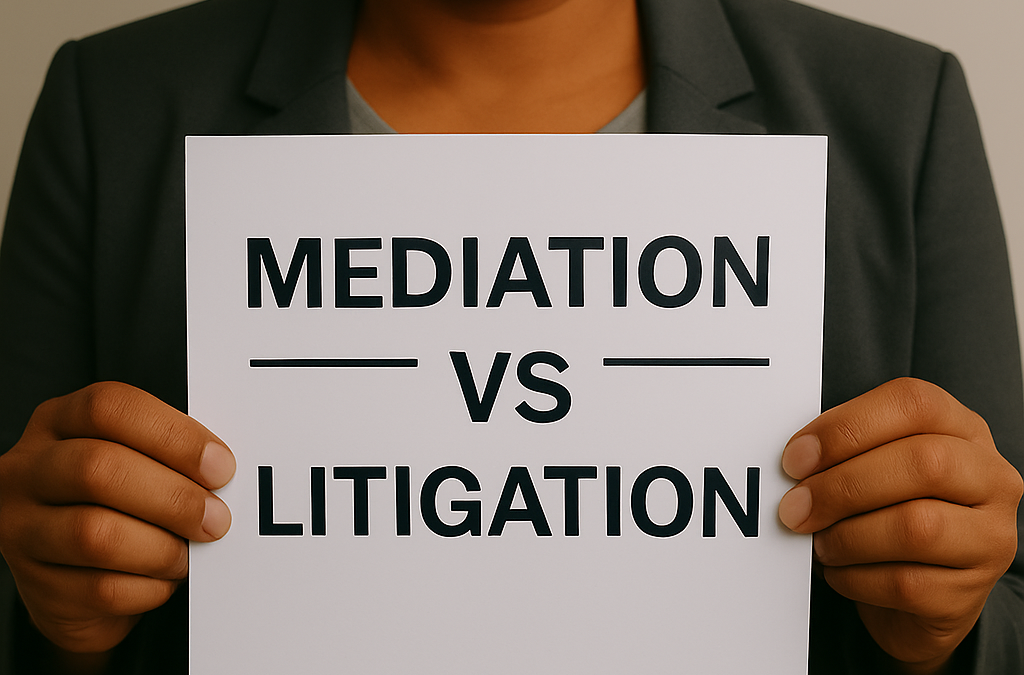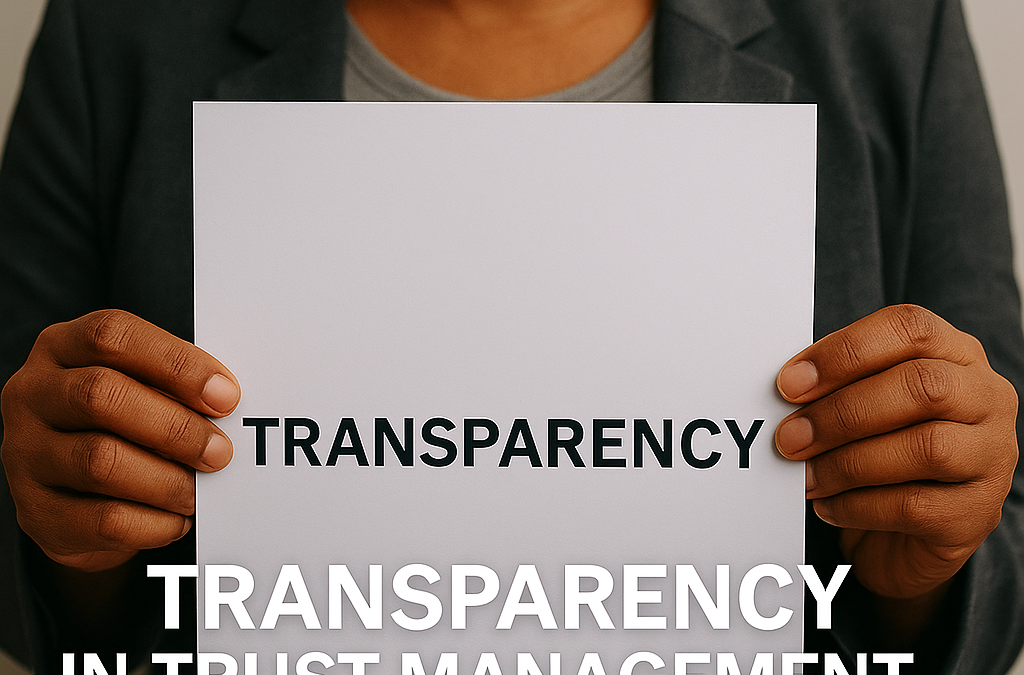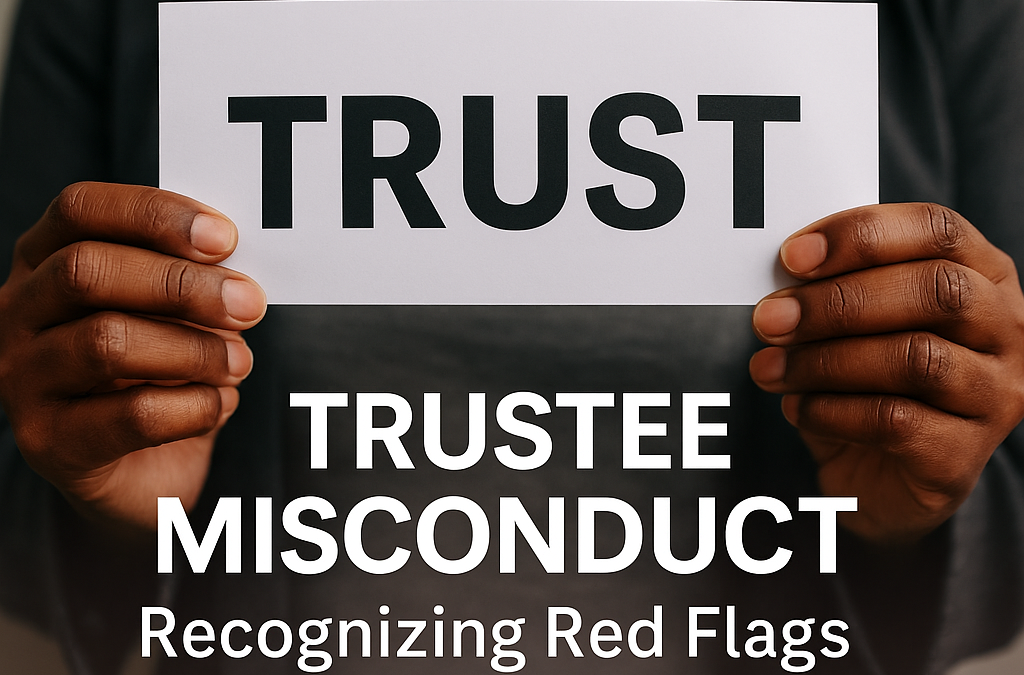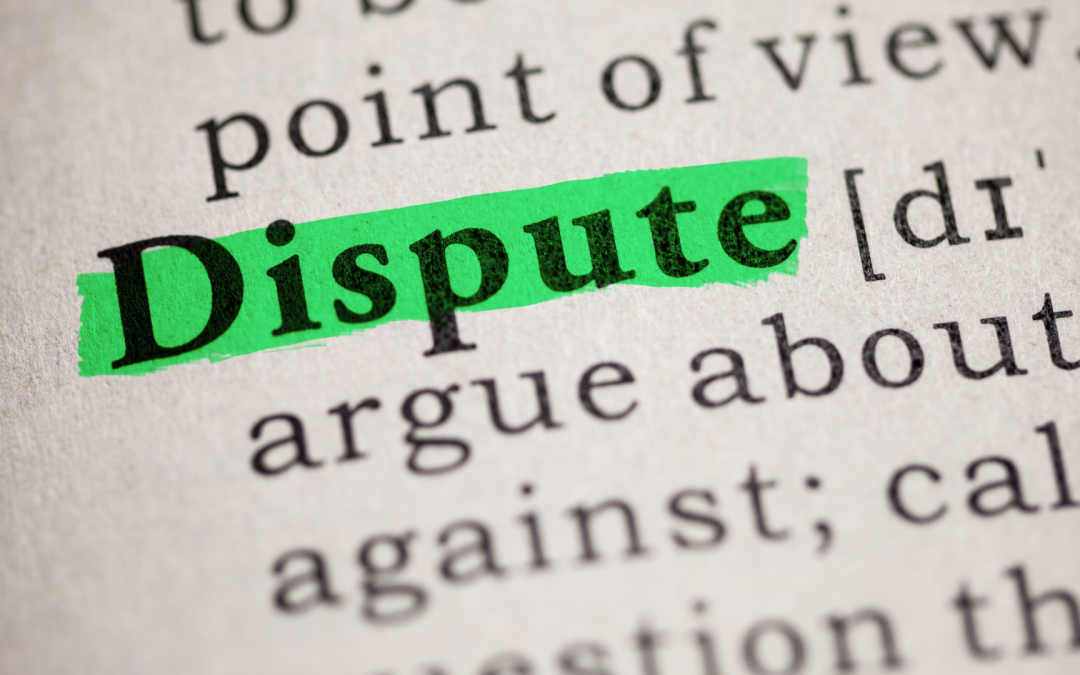Cooling off period : Susan is a young adult and freely describes herself as someone who always tries to stay on trend. This tendency has often landed her in hot water, but this time she really has messed up badly. She purchased a new expensive luxury vehicle just because her best friend had done so a week before. After taking delivery of the vehicle, Susan realized that there was no way that she would be able to afford this vehicle with her current income and expenses and is desperate to cancel the entire deal. Susan has approached another friend, who is studying law and asked what to do about the situation and was advised that she may be able to cancel the deal and return the vehicle due to a “cooling off period”.
What is a cooling off period?
A cooling-off period can be loosely described as a period of time following the purchase of any item, that the purchaser may choose to cancel the purchase and return the goods which were supplied, for any reason, and to obtain a full refund.
Does it apply to Susan?
One has to define the agreement that Susan has entered into before being able to determine whether she indeed has recourse to cancel the agreement in the cooling off period.The agreement she has entered into is defined as a Credit Agreement, therefor the National Credit Act 34 of 2005 will apply. Other legislation, such as the Consumer Protection Act may also be of her assistance.
It is important to note that various different acts make provision for a cooling off period and therefore this article shall place its focus on the National Credit Act and the Consumer Protection Act.
The Consumer Protection Act, 68 of 2008
Section 16 of the Consumer Protection Act, a consumer a right to a cooling off period following direct marketing. The section applies in addition to any other rights that the consumer has in terms of the law and does not replace such remedies.
The section gives the consumer the right to cancel a transaction from any direct marketing without reason or penalty, by notice to the supplier in writing and within 5 business days from the date of transaction or that the goods were delivered, which ever was later. The consumer is then expected to return the goods and in turn the supplier must return any payment in respect of such goods.
In this instance Susan was presumably not directly approached by the supplier in marketing the product she purchased. It must be borne in mind that the section applies only if the consumer was approached by direct marketing and consequently the transaction occurred.
Direct marketing is described by the act as: to approach a person, either in person or by mail or electronic communication, for the direct or indirect purpose of promoting or offering to supply, in the ordinary course of business, any goods or services to the person.
The National Credit Act, 34 of 2005
The National Credit Act also makes provision for a cooling off period. This provision will only be available when entering into a lease Agreement or an instalment agreement. In these circumstances, Susan has entered into an instalment agreement and the cooling off period will therefore be applicable.
The act stipulates that agreements must have been concluded at any other location other than the business premises of the credit provider to apply. It the agreement is concluded at the premises of the credit provider, this right does not apply due to the lack of pressure that the consumer would be put under in concluding such agreement. The cooling off right must be invoked within 5 business days from the date that the agreement was entered into.
Other legislation
The Electronic Communications Act and even Alienation of Land Act are some other acts that also make provisions for cooling off periods, but naturally it will apply to specific transactions only. Therefore, when attempting to establish whether you are in fact entitled to a cooling off period, it is important firstly to ascertain the type of transaction and then to research the remedy available to you.
What should Susan do?
So let us assume that Susan realized her mistake on day nine after receiving the vehicle, she is now stuck and cannot return it without consequence. Susan should have read the agreement and known her rights before purchasing the vehicle, as with most things in life, prevention is better than cure! Our attorneys deal with agreements on a daily basis and would be able to advise swiftly on rights and obligations in this regard.
If you do require assistance with any contractual questions or disputes, please feel free to contact our offices in order to get swift and well researched advice.



